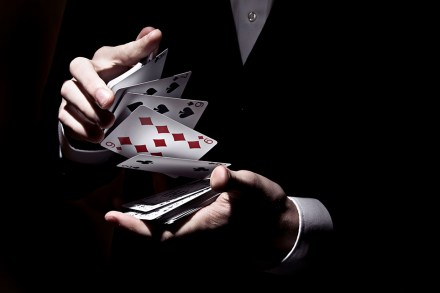The life of an Exmoor stockman reads like bloody-knuckled rural noir
More from BooksBritish nature is having a moment, thanks to David Attenborough’s Wild Isles (BBC One). As ever, spring brings a crop of new nature writing, but you are unlikely to come across anything like Once Upon a Raven’s Nest. This is the story of the life of an Exmoor man – Hedley Ralph Collard, known as






























